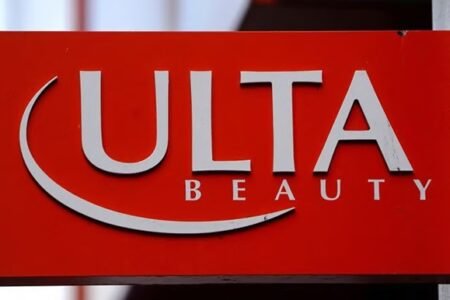
Trump tariffs: UAE, Saudi perfume brands feel the pinch as shipments get stuck
Dubai: Shipments of popular perfume brands from the UAE and Saudi Arabia are getting caught up in the new US tariff rules imposed on imports into that country. It comes at a most inopportune time for these Gulf perfume businesses as ‘Arabic fragrances’ have been building a fairly niche share of the US market.
But it’s starting to get a bit difficult this week. “Our latest shipments to the US are held up at the Memphis airport,” said Jimmy Chacko, CEO of Dubai-based Hekayat Attar & Jimmy Aventus. “The US customs said they were awaiting instructions for the new tariffs, announced by President Trump on Wednesday.
“But the shipments – totaling around 2,000 kilos – are yet to be cleared.”
Some of the other leading UAE and Gulf fragrance brands confirmed that things are changing with the 10% tariff the US has announced on UAE and Saudi Arabia. Where possible, they plan to place only a minimal increase on their US retail prices.
“As with the ‘Dubai chocolate’ phenomenon, the ‘Dubai fragrance’ too has been getting a lot of interest from US shoppers, especially for the premium- and super-premium labels,” said a Dubai-based perfume brand. “Hopefully, the 10% import duty will only have a minimal impact on our US demand.”
In fact, local perfumers had been actively raising their visibility in the US markets, creating a sub-genre within the wider Arabic fragrances category. There are brands selling for around $200 on a 100-ml bottle, while the average prices are in the $60-$100 range.
“The Arabian perfume market share has been experiencing significant growth,” said Chacko.
“Currently, 70% of our sales come from the US, with products manufactured in the UAE and average end-user price of between $30 and $45 on a 100-ml.
“Perfumery products were exempted from tariff, and we faced only nominal fees—$75 per shipment for air freight on around 1,000 kilogram plus and $25 for smaller shipments.
“Our shipments are undergoing clearance in Memphis, and we are closely monitoring the potential impact of these tariff changes on our market penetration.”
Author Credits- Manoj Nair, GULF NEWS









